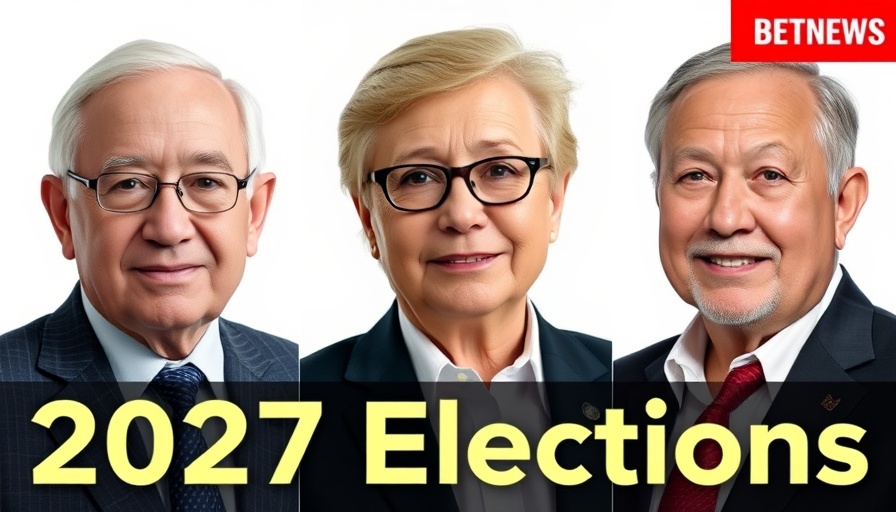
Celebrating the Ojude Oba Festival: A Cultural Epiphany
The Ojude Oba Festival has become a vital marker on Nigeria’s cultural landscape, drawing visitors and celebrants from far and wide to Ijebu Ode. Uniquely rooted in Islamic observance and deeply intertwined with Yoruba traditions, it is an event that embodies historical evolution and modern expression. Initially a tribute to the Oba, or king, after Ramadan, it has grown into a colorful gathering that showcases Nigeria’s vibrant heritage. Formerly known as the Talba and later the Odella festival, Ojude Oba celebrates not just the religion but the cultural fabrics that bind the community.
In 'Ojude Oba Festival: Culture, Glamour & Controversy in Ijebu Ode', the discussion dives into the complexities of tradition and modernity during Nigeria's vibrant cultural celebration.
Community Engagement and Identity at the Festival
The festival is a significant cultural fiesta, as echoed by the Vanguard newspaper, which calls it a magnificent display of pageantry and identity. This year, over a million attendees gathered to marvel at the parade of age groups, known as the reg, each proudly representing their cultural identities through coordinated outfits and elaborate displays. The pageantry serves to strengthen communal bonds, reminding attendees that festival celebrations are not just for enjoyment; they are a reflection of their rich heritage.
Gender Dimensions: Female Equestrians Shine
A striking aspect of this year’s festival was the participation of female horse riders from the Princess Adid ruling house, marking a notable shift in traditional roles. Traditionally, women did not ride during such festivities, but this year's participation brought an air of elegance and challenged the cultural narrative. This evolution in participation demonstrates that while traditions matter, progress toward inclusivity is equally important in preserving cultural relevance.
The Clash of Generations and Future Expectations
The festival this year also sparked debates about appropriate attire and respect for cultural norms. This conversation is particularly resonant amidst the younger generation, who may feel disconnected from their heritage. A controversial incident involving a scantily dressed attendee highlighted the ongoing tension between modern expressions of identity and traditional expectations pertaining to dress. While some may argue for individual expression, it’s clear that there exists an intrinsic value in respecting the cultural practices and codes that define events like Ojude Oba.
Addressing Organizational Challenges for Future Growth
Governor Dapo Abiodun refers to Ijebu Ode as a cultural capital, yet the need for infrastructural improvements is evident. Issues ranging from road conditions to crowd management must be addressed to accommodate both locals and international visitors during such grand events. For Ojude Oba to be a UNESCO-recognized cultural heritage event, practical steps must be taken to ensure the experience reflects its significance.
Preserving Heritage Amid Global Changes
The conversations stemming from events like Ojude Oba go beyond mere celebration; they pose critical questions about identity, evolution, and the impact of globalization on cultural practices. As younger generations grapple with a barrage of information and often conflicting cultural signals, there’s a compelling need for education around heritage that fosters a sense of pride.
Conclusion: Embracing Change While Honoring Tradition
As we reflect on the Ojude Oba Festival, it becomes imperative to recognize the balance between tradition and modernity. Heritage is a precious asset that enriches identity; thus, it is essential for younger generations to learn, respect, and redefine cultural participation in a manner that honors both past and future.
In the spirit of community and progress, it’s crucial for everyone to engage with their heritage actively. Participate in your local cultural events, learn about your background, and contribute positively to traditions that shape your identity. Collective efforts will ensure that cultural celebrations continue to thrive in a rapidly changing world.
 Add Row
Add Row  Add
Add 


Write A Comment